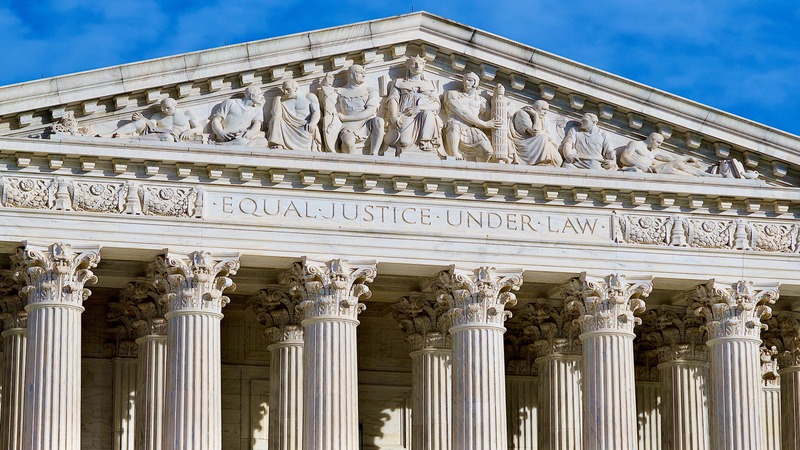
President Donald Trump vowed today to move ahead with executive orders freezing some Federal funding following a Supreme Court decision released Friday that curtails lower courts’ power to block actions taken via executive order.
That order handed down by the court on a vote of 6-3 limits the power of Federal judges to issue universal injunctions – of which there have been at least two dozen during the second Trump administration – requiring instead that injunctions be applicable only to named plaintiffs in suits.
During a White House briefing Friday celebrating that decision, Trump said that the order from the nation’s highest court addressed “a colossal abuse of power” on the part of judges issuing the injunctions.
“In recent months, we’ve seen a handful of radical left judges effectively try to overrule the rightful powers of the president to stop the American people from getting the policies that they voted for in record numbers,” said Trump. “It was a grave threat to democracy, frankly, and instead of merely ruling on the immediate cases before them, these judges have attempted to dictate the law for the entire nation.”
While thanking the conservative justices who voted in his favor, Trump announced that the administration would move to proceed with a “whole list” of policies blocked under nationwide injunctions including one that attempted to freeze trillions of dollars worth of Federal grant and loan program payments.
That funding freeze had targeted a number of cybersecurity-related programs at the time it was announced.
Other orders blocked by universal injunctions that could undergo a fresh judicial process include additional Federal funding orders, the termination of probationary Federal employees, and those impacting access to agencies’ information systems by Department of Government Efficiency (DOGE) such as those at the Department of Treasury.
“Universal injunctions likely exceed the equitable authority that Congress has given to federal courts,” the conservative majority said in their order. “The Court grants the Government’s applications for a partial stay of the injunctions entered below, but only to the extent that the injunctions are broader than necessary to provide complete relief to each plaintiff with standing to sue.”
“The issuance of a universal injunction can be justified only as an exercise of equitable authority, yet Congress has granted federal courts no such power,” continued the order.
While the court’s procedural decision – tied to suits against the Trump administration’s order to end birthright citizenship – prohibits most nationwide injunctions, class action lawsuits were one way that the court explicitly indicated would be able to broadly block an executive order.
In a scathing dissent, Justice Sonia Sotomayor wrote that “universal injunctions are consistent with long-established principles of equity, once respected by this Court.”
“No right is safe in the new legal regime the Court creates,” wrote Sotomayor. “The majority holds that, absent cumbersome class-action litigation, courts cannot completely enjoin even such plainly unlawful policies unless doing so is necessary to afford the formal parties complete relief.”
Sotomayor further added that the decision would disproportionately target the poor, uneducated, and “unpopular,” who don’t have the ability to “lawyer up.”
She wrote “this Court endorses the radical proposition that the President is harmed, irreparably, whenever he cannot do something he wants to do, even if what he wants to do is break the law.”
